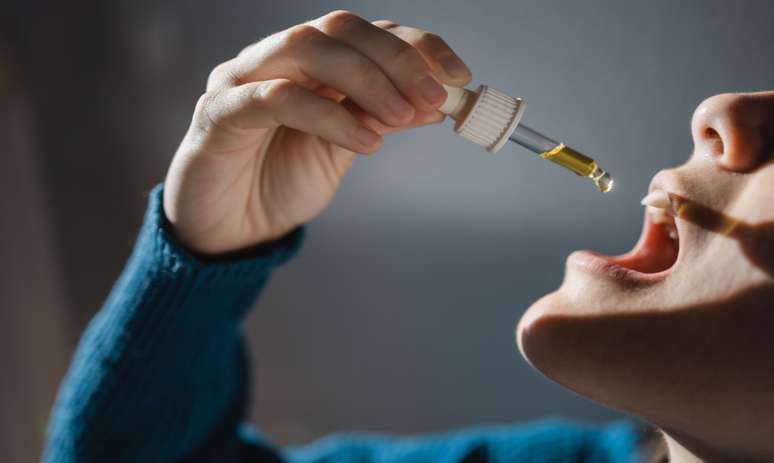An Iranian study showed that patients who used medicinal cannabis were significantly less likely to have diabetes
The scientific community is increasingly discovering the new potential of therapeutic cannabis. A recent study, for example, has shown that the substance is able to prevent cases of type 2 diabetes, which affects approximately 90% of diabetic patients in Brazil.
Researchers at the Tabriz University of Medical Sciences in Iran showed that people who used medical cannabis were significantly less likely to develop the disease. The study authors suggest that cannabis may provide “protective effects” against the development of diabetes.
Furthermore, recent research indicates that the endocannabinoid system, which is activated by the cannabinoids present in cannabis, participates in the modulation of relevant processes in glucose metabolism, including insulin resistance, underlines Dr. Flavio Geraldes Alves, president of the Panamerican Institute of Cannabinoid Medicine (APMC) and medical advisor for NuNature Labs.
Medicinal cannabis and its potential
Flavio recalls that medicinal cannabis has proven to be effective in treating the symptoms of various diseases and health disorders. “This happens because the cannabinoids present in the plant activate our endocannabinoid system. This, in turn, is present throughout the human body and regulates a series of physiological processes,” explains the doctor.
The endocannabinoid system regulates, for example, appetite, pain, inflammation, thermoregulation, intraocular pressure, sensation, muscle control, energy balance, metabolism, sleep quality, stress response, motivation/reward, mood and memory.
“In addition to diabetes, cannabis is being researched and treated in conditions such as epilepsy, cancer, sleep disorders, anxiety, gastric problems, autism and chronic pain,” adds the expert.
Are there any contraindications?
Despite all its benefits, not all patients can use medicinal cannabis. This is because, depending on the patient, composition and dosages, there may be contraindications and adverse reactions.
“The main contraindications concern pregnant/breastfeeding patients, patients with psychotic conditions and patients with clinical signs of decompensated cardiac arrhythmia”, underlines Flavio Geraldes.
Also remember that cannabidiol can interact positively or negatively with other drugs. Therefore, it is necessary for a qualified doctor or dentist to carry out the prescription and clinical follow-up.
Source: Terra
Ben Stock is a lifestyle journalist and author at Gossipify. He writes about topics such as health, wellness, travel, food and home decor. He provides practical advice and inspiration to improve well-being, keeps readers up to date with latest lifestyle news and trends, known for his engaging writing style, in-depth analysis and unique perspectives.








